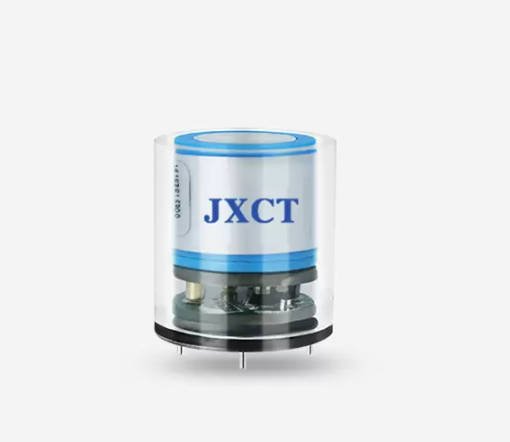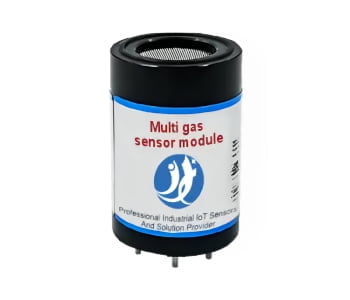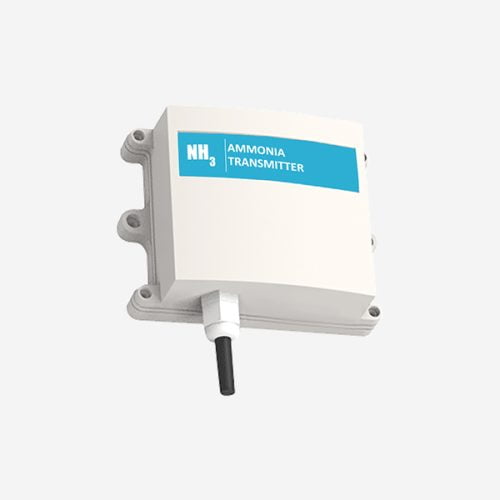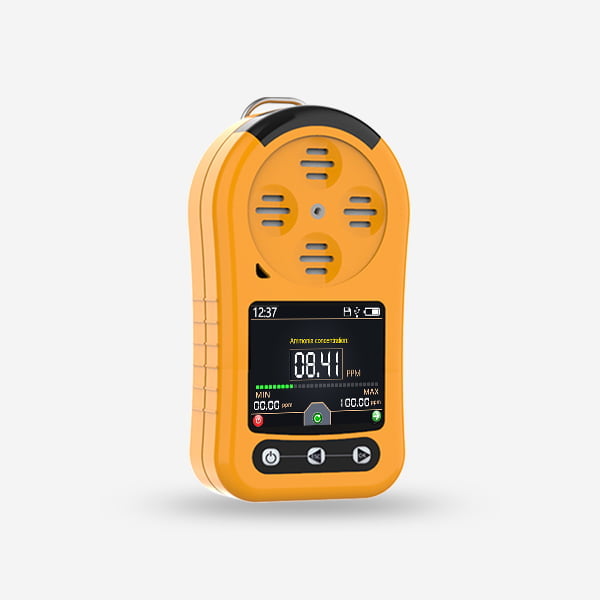Environmental monitoring is critical for ensuring air quality, detecting hazardous gases, and protecting public health. Among the various gas detection technologies available, electrochemical gas sensors stand out due to their accuracy, sensitivity, and reliability. These sensors are widely used in industrial, urban, and scientific applications to monitor toxic and combustible gases.
In this article, we explore the key advantages of electrochemical gas sensors and why they are an excellent choice for environmental monitoring.

High Sensitivity and Selectivity for Accurate Gas Detection
One of the most significant benefits of electrochemical gas sensors is their high sensitivity, allowing them to detect even trace amounts of harmful gases. These sensors operate through chemical reactions that generate an electrical current proportional to the gas concentration, ensuring precise measurements.
Additionally, electrochemical sensors are highly selective, meaning they can distinguish between different gases without significant cross-interference. For example, a sensor designed to detect carbon monoxide (CO) will not mistakenly respond to hydrogen sulfide (H₂S). This selectivity is crucial in environments where multiple gases may be present, such as industrial facilities or urban air quality monitoring stations.

Low Power Consumption and Long Lifespan
Unlike other gas detection technologies that require significant power, electrochemical gas sensors operate efficiently with minimal energy consumption. This makes them ideal for portable and battery-powered devices, such as personal gas detectors and wireless environmental monitoring systems.
Moreover, these sensors have a long operational lifespan, often lasting several years with proper maintenance. Their durability reduces replacement costs and ensures continuous monitoring without frequent sensor changes—a key advantage for large-scale environmental projects.

Compact Design and Ease of Integration
Electrochemical gas sensors are compact and lightweight, making them easy to integrate into various monitoring systems. They are commonly used in:
Fixed gas detection systems for industrial plants
Portable gas detectors for field researchers
Smart city air quality networks for real-time pollution tracking
Their small size allows for flexible deployment in tight spaces, while their simple electrical output (usually a voltage or current signal) ensures compatibility with data loggers, IoT devices, and control systems.
Conclusion: Why Electrochemical Sensors Are Ideal for Environmental Monitoring
Electrochemical gas sensors offer exceptional sensitivity, low power consumption, and long-term reliability, making them a top choice for environmental monitoring applications. Whether used in industrial safety, urban air quality assessment, or scientific research, these sensors provide accurate and dependable gas detection.
As environmental regulations become stricter and the demand for real-time air quality data grows, electrochemical gas sensors will continue to play a vital role in safeguarding health and ecosystems worldwide.





